Notable Figures Interested in Astrology
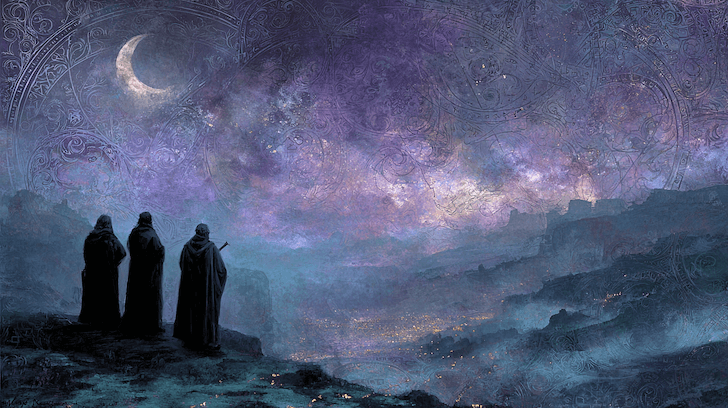
This page highlights notable people—famous for other work—who engaged with astrology as patrons, critics, readers, or creative interpreters. Their stances range from curiosity and faith to reform and ridicule.
Astrology has intersected with science, politics, medicine, philosophy, and art for millennia. The individuals below weren’t professional astrologers—they shaped culture, yet still used or responded to astrology as part of their worldview. Grouped by theme and era, these entries show how astrology persisted through changing definitions of knowledge and meaning.
Ancient & Classical Worlds — Power, Fate, and the Stars
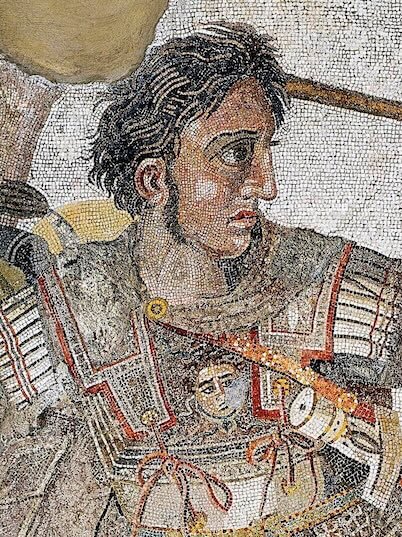
| Name | Role | Engagement |
|---|---|---|
| Augustus (63 BCE–14 CE) | Roman emperor | Used Capricorn and star motifs as imperial symbolism; astrology reinforced divine legitimacy. |
| Alexander the Great (356–323 BCE) | King of Macedon | Maintained Chaldean advisors; omens used for military timing and state image. |
| Marcus Manilius (1st c. CE) | Poet | Authored _Astronomica_, casting astrology as divine order and moral philosophy. |
| Galen (2nd c. CE) | Physician | Linked humors to planetary cycles; debated causal limits of celestial influence. |
At this stage, astrology functioned as royal omenology and cosmic legitimation—a language for fate and divine order rather than personal psychology.
Medieval & Courtly Contexts — Faith, Medicine, and Statecraft
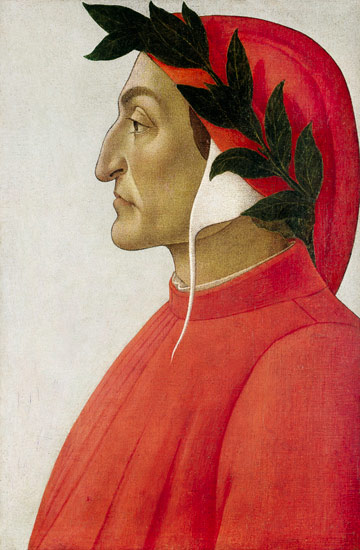
| Name | Era / Region | Involvement |
|---|---|---|
| Charlemagne (742–814) | Holy Roman Empire | Oversaw calendar reform and eclipse records—administrative astrology. |
| Maimonides (1138–1204) | Spain / Egypt | Critiqued astrological determinism while engaging its scientific claims. |
| Dante Alighieri (1265–1321) | Italy | Wove planetary symbolism into _The Divine Comedy_; warned against moral fatalism. |
| Geoffrey Chaucer (1342–1400) | England | Wrote _Treatise on the Astrolabe_; integrated zodiacal imagery into poetry. |
| Catherine de’ Medici (1519–1589) | France | Regularly consulted astrologers for dynastic and political decisions. |
Astrology at medieval courts operated as a universal science of time—uniting medicine, religion, and governance under the stars.
Renaissance & Scientific Revolution — Reformers and Practitioners

- Marsilio Ficino (1433–1499) — Philosopher–physician blending astrology with Platonic and Christian cosmology; pioneer of planetary medicine.
- Paracelsus (1493–1541) — Integrated planetary correspondences into alchemy and medical theory.
- Tycho Brahe (1546–1601) — Court astronomer who cast horoscopes for patrons while mapping the heavens with unprecedented accuracy.
- Johannes Kepler (1571–1630) — Reformed astrology mathematically; proposed new aspects (quintiles, biquintiles) and maintained chart practice for income.
- Galileo Galilei (1564–1642) — Composed horoscopes within academic circles; navigated astrology’s presence in patronage culture.
- Francis Bacon (1561–1626) — Critiqued superstition yet entertained the idea of a future empirical astrology.
- Isaac Newton (1642–1727) — Immersed in alchemy and prophecy; astrology adjacent but not practiced.
Early scientists didn’t neatly separate astronomy and astrology—the split solidified only in the 17th century as precision instruments and empiricism took over.
Rulers & Image-Making — From Courts to Empires
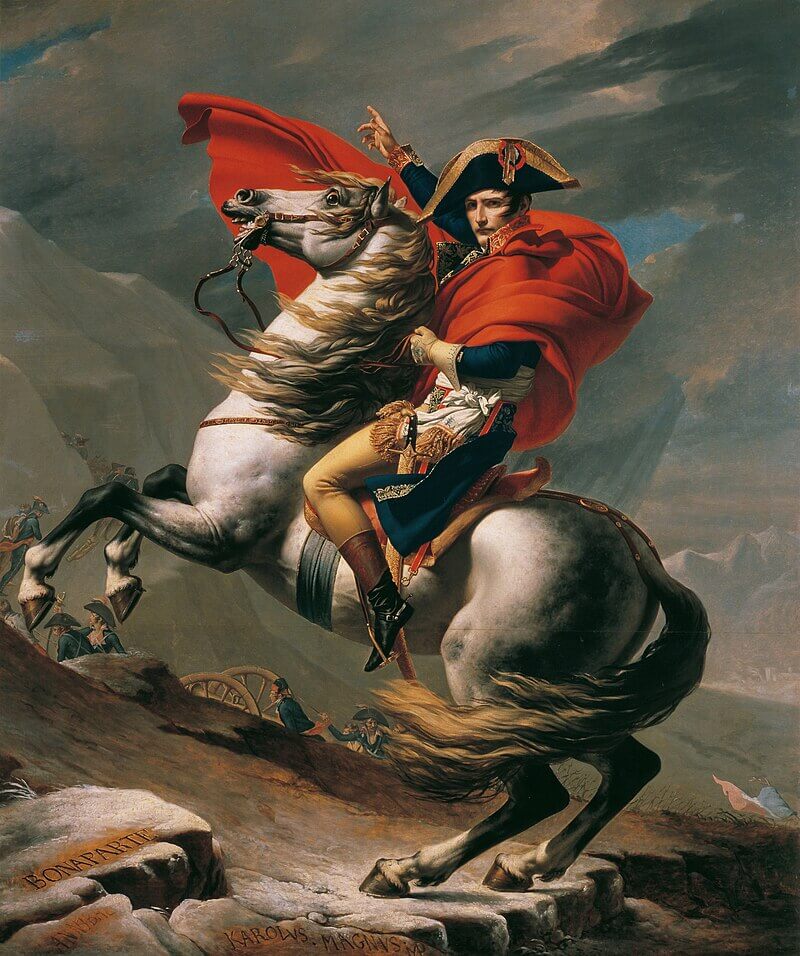
| Figure | Context | Astrological Use |
|---|---|---|
| Elizabeth I (1533–1603) | England | Employed astrologers for coronation and state timing; John Dee among advisors. |
| German princes & Gustav II Adolf | Europe | Commissioned eclipse and ingress reports for political forecasting. |
| Napoleon Bonaparte (1769–1821) | France | Publicly associated with omens and favorable stars; astrological lore boosted charisma. |
Astrology in politics functioned as branding and legitimacy, binding cosmic favor to leadership image.
18th–19th Centuries — Print, Satire, and Enlightenment Debate
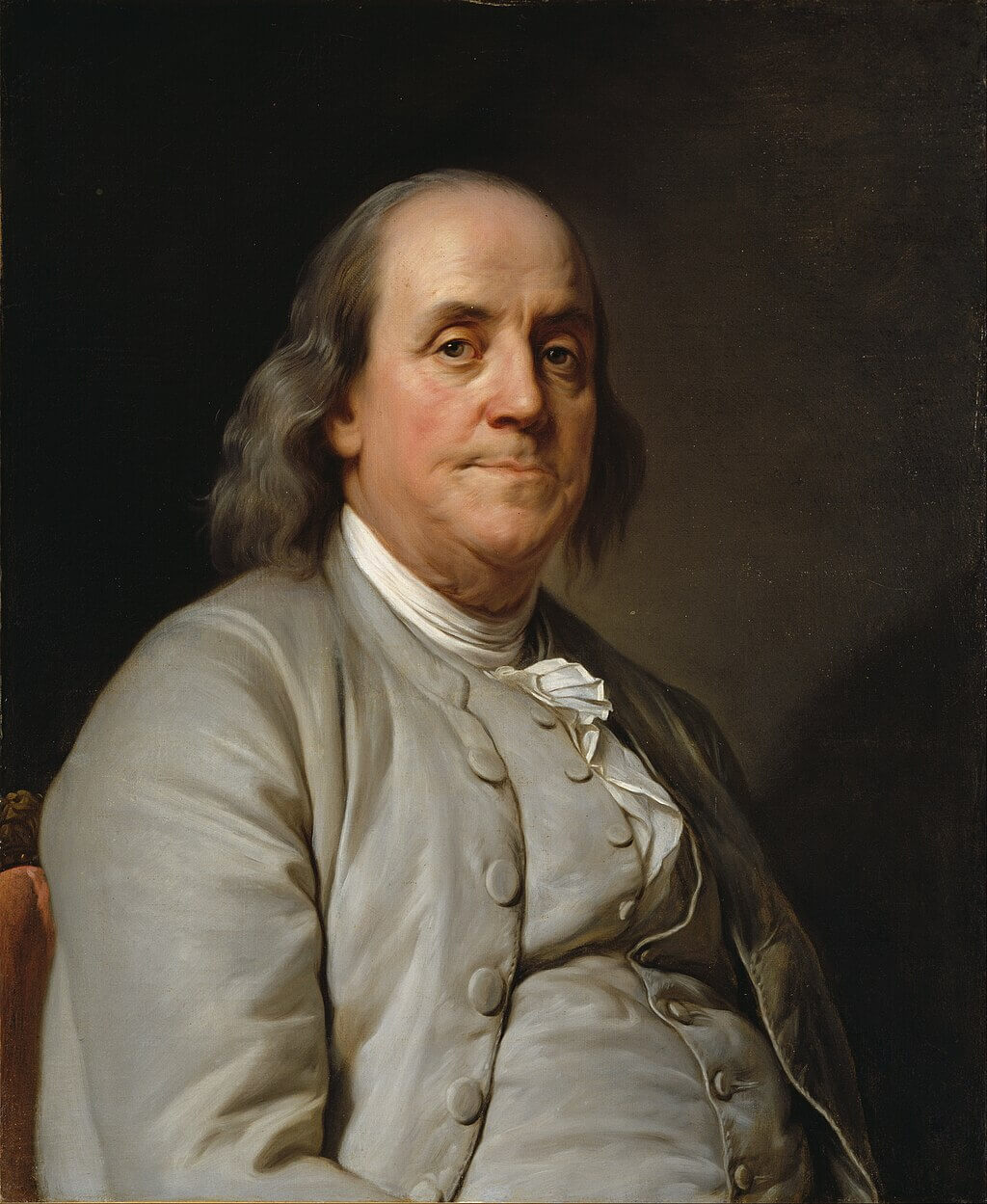
- Jonathan Swift (1667–1745) — Mocked almanac astrologers via “Isaac Bickerstaff,” proving how embedded astrology was in popular media.
- Benjamin Franklin (1706–1790) — Published astrological calendars while humorously undercutting predictions.
- Goethe (1749–1832) — Explored planetary symbolism in art and philosophy of nature; astrology as poetic cosmology.
20th Century — Psychology, Art, and Critique

| Name | Field | Engagement |
|---|---|---|
| Carl Jung (1875–1961) | Psychology | Used astrology symbolically within archetypal and synchronicity theory. |
| W. B. Yeats (1865–1939) | Poetry & Ritual | Golden Dawn member; integrated planetary and lunar cycles into esoteric art. |
| Gustav Holst (1874–1934) | Music | Composed _The Planets_—a musical reinterpretation of astrological archetypes. |
| Theodor Adorno (1903–1969) | Philosophy | Analyzed horoscope culture as a mass-media phenomenon. |
| Karl Popper (1902–1994) | Philosophy of Science | Used astrology as a case study for falsifiability. |
| Nancy & Ronald Reagan | Politics | Reportedly used astrology for scheduling—turning private practice into public discourse. |
By the 20th century, astrology had shifted from scholarship to psychological symbolism and mass media—but it never left the cultural stage.
Artists, Writers, and Cultural Voices

- T. S. Eliot — Wove astrological imagery into The Waste Land; not a believer, but a symbolist.
- Frida Kahlo — Used zodiac and cosmic motifs in self-portraits as metaphors of body and destiny.
- David Bowie — Incorporated zodiac and occult language into performance and lyrics.
- Philip Pullman — Reframed astrological cosmology in fiction (His Dark Materials).
Art kept astrology alive as symbolic language, long after academia declared it obsolete.
Science, Skepticism, and Cultural Analysis

| Thinker | Role | Approach |
|---|---|---|
| Arthur C. Clarke | Science Fiction | Critiqued astrology yet treated its endurance as human storytelling instinct. |
| Carl Sagan | Astronomy / Public Science | Explained why astrology appealed emotionally even as he debunked its mechanics. |
| Umberto Eco | Semiotics / Literature | Explored astrology as a living code in cultural symbolism and misinformation. |
Reading These Engagements
- Astrology was once a state science, then a medical art, and finally a psychological language—the people here reflect each phase.
- Many critics helped astrology evolve by clarifying what it was not—from Maimonides' theology to Popper's falsifiability.
- Artistic and literary figures turned planetary myths into creative archetypes, keeping the symbols culturally alive even when belief waned.
Across eras, astrology’s symbolic framework—linking time, personality, and cosmos—remained a mirror for human meaning, even among skeptics.
Astrology’s cultural reach isn’t measured in believers—it’s seen in how rulers timed, scientists questioned, poets wrote, and musicians dreamed with the heavens as backdrop.
Get Your Birth Chart
Calculate your complete astrological chart with precise astronomical data based on your birth time and location
Generate Chart